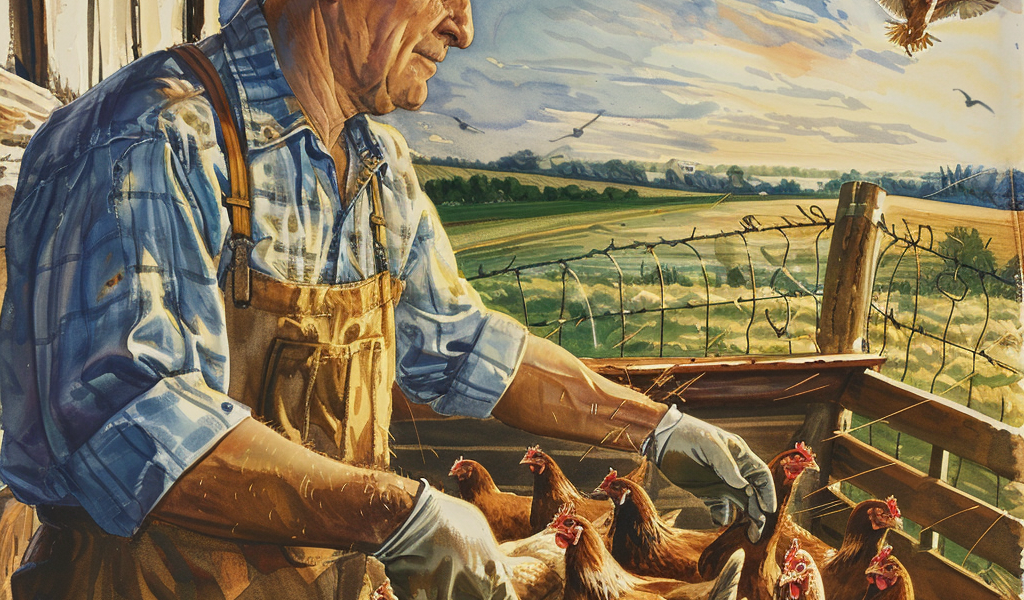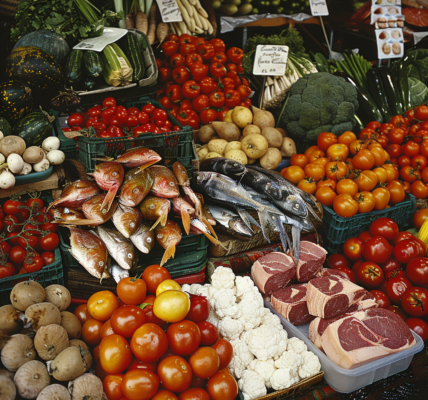In a concerning development for North Dakota’s poultry industry, state agricultural officials have confirmed the presence of avian influenza, commonly known as bird flu, in three separate flocks within the state. This announcement comes as a significant alert for local farmers and poultry producers, as the disease can have devastating effects on bird populations and, consequently, on the agricultural economy.
Avian influenza is a viral infection that primarily affects birds but can occasionally infect humans and other animals. The recent cases in North Dakota highlight the ongoing risk posed by this virus, particularly during the migratory season when wild birds can spread the disease to domestic flocks. The state has urged poultry owners to implement strict biosecurity measures to protect their birds from potential exposure.
Experts recommend several preventive actions that farmers can take to mitigate the risk of avian flu spreading within their flocks. These include maintaining strict hygiene protocols, ensuring that domestic birds are kept away from wild birds, and regularly monitoring the health of their poultry. Additionally, farmers are encouraged to report any unusual deaths or signs of illness in their birds to local agricultural authorities promptly.
The North Dakota Department of Agriculture has been actively working with the U.S. Department of Agriculture (USDA) to monitor the situation and provide resources to affected producers. They have established a response plan that includes testing and surveillance efforts to track the spread of the virus and minimize its impact on the local poultry industry.
As the state grapples with this outbreak, the agricultural community is reminded of the importance of preparedness and quick response to animal health emergencies. The economic implications of avian influenza can be severe, with potential losses not only in the poultry sector but also in related industries, such as feed production and processing.
In a related note, North Dakota has been experiencing historic wildfires this October, which have further complicated the agricultural landscape. The combination of drought conditions and high winds has led to an increase in fire activity, prompting officials to remind residents to remain vigilant and take necessary precautions.
In the realm of sports, the local community has been celebrating recent victories in high school athletics. The Century High School volleyball team secured the Class A State Volleyball Championship by defeating West Fargo Sheyenne, marking a significant achievement for the team and its supporters. Meanwhile, Dickinson State University’s football team triumphed over Kansas Wesleyan in the NAIA playoffs, showcasing the strength of collegiate athletics in the region.
As North Dakota navigates these challenges—from avian influenza to wildfires and sports victories—the resilience of its communities continues to shine through. Agricultural officials, athletes, and local residents are all playing a part in addressing the issues at hand, demonstrating a collective commitment to overcoming adversity.





